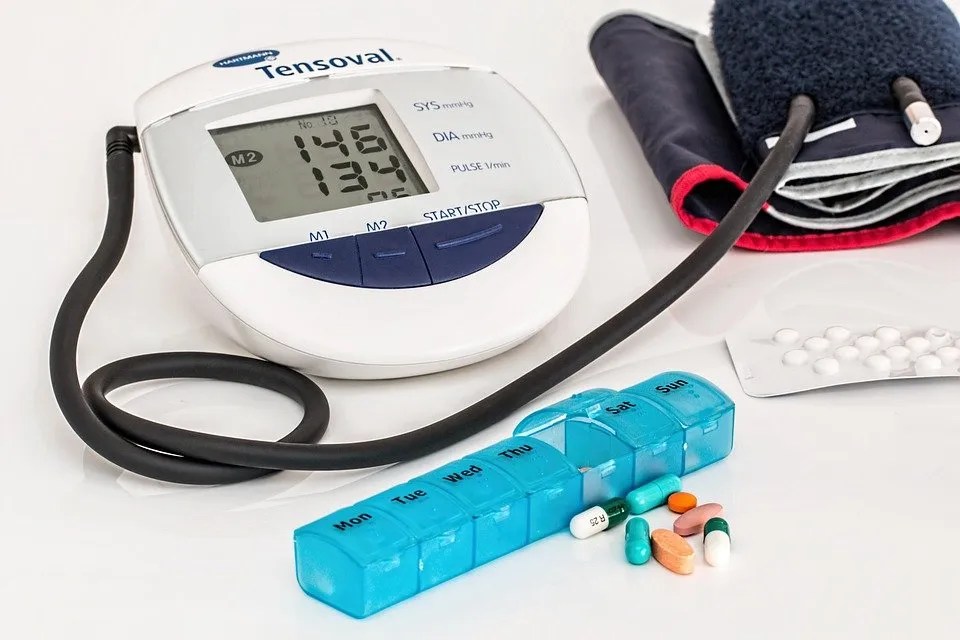
Medicine as a course is highly reverend in Nigeria and across the globe. Admission into higher institutions to study Medicine is highly competitive. You need the best O’level results, UTME score and post UTME score to be granted admission to study this course and this still does not guarantee you admission because out of the best scores, students with the best scores are still selected.
There are not many schools that offer Medicine in Nigeria, the few schools offering the course require that you meet the minimum admission requirement before you can be given admission.
As stated above, medicine is a very respected course and parents often influence their children to study the course due to the respect they earn as parents of Medical Doctors but they fail to understand that Medicine as a course is very wide and has many branches where their wards can specialize.
In this article, I will be breaking down the various branches of medicine, minimum O’level result and JAMB score required, their respective admission requirements and a link to check out some of the best schools that offer medicine as a course in Nigeria.
Please note that not all of the branches of medicine listed here are offered in universities in Nigeria, some require advanced technology, so you will only be able to study them in advanced countries like USA, England, Canada, Australia, India and other countries already advanced in the area of Medicine.
Branches of Medicine
There are more than 20 branches of medicine. You can choose any as an area of specialization. All are interrelated. They are interwoven, as in they all have symbiotic relationship hence cannot do without each other.
Medicine is a broad and diverse field that encompasses numerous branches, each with its unique focus and approach to healthcare. Here’s a brief description of some of the main branches of medicine:
Anatomy: This branch of medicine studies the structure and organization of the human body, including the organs, tissues, and cells.
Physiology: Physiology is the study of the functions of the human body, including the processes that enable the body to function, such as digestion, circulation, and respiration.
Pathology: Pathology focuses on the study of diseases, including their causes, development, and effects on the body.
Pharmacology: Pharmacology is the study of drugs and their effects on the body, including how they interact with other substances and how they can be used to treat various medical conditions.
Internal medicine: This branch of medicine focuses on the diagnosis, treatment, and prevention of diseases that affect adults, particularly those affecting the internal organs.
Pediatrics: Pediatrics is the branch of medicine that specializes in the medical care of infants, children, and adolescents.
Obstetrics and gynecology: Obstetrics and gynecology focus on the medical care of women, including pregnancy, childbirth, and reproductive health.
Surgery: Surgery is the branch of medicine that involves the use of surgical techniques to treat medical conditions, injuries, and deformities.
Psychiatry: Psychiatry is the branch of medicine that focuses on the diagnosis and treatment of mental illness and emotional disorders.
Radiology: Radiology uses medical imaging technologies, such as X-rays and CT scans, to diagnose and treat medical conditions.
All the branches of medicine work together to provide comprehensive and effective healthcare to patients, addressing both physical and mental health concerns. However, there are other branches of Medicine that are more specialized. Some of them are listed below:
Anesthesiology: This branch of medicine is focused on the administration of anesthesia to patients during surgery or other medical procedures. Anesthesiologists are responsible for ensuring that patients are safely sedated during procedures and for managing their pain and comfort during recovery.
Dermatology: This is the branch of medicine that deals with the diagnosis and treatment of skin conditions, including skin cancer, acne, and psoriasis.
Ophthalmology: This is the branch of medicine that focuses on the diagnosis and treatment of eye disorders, including vision problems, eye infections, and eye injuries.
Neurology: Neurology is a branch of medicine that deals with the study of the nervous system and the disorders that can affect it. This includes the brain, spinal cord, and nerves that run throughout the body. Neurologists are medical professionals who specialize in diagnosing and treating these disorders, which can range from the relatively common, such as headaches and migraines, to the more serious, such as stroke, epilepsy, and Parkinson’s disease.
Oncology: This branch of medicine deals with the diagnosis, treatment, and prevention of cancer. Cancer is a complex and often devastating disease that can affect any part of the body, and oncologists work to help patients manage their symptoms, slow the progression of the disease, and ultimately achieve the best possible outcomes.
Emergency medicine: Emergency medicine is the branch of medicine that deals with the immediate assessment and treatment of medical emergencies, including heart attacks, strokes, and injuries.
Rehabilitation medicine: Rehabilitation medicine is the branch of medicine that focuses on the rehabilitation and restoration of physical and mental function after injury or illness.
Infectious diseases: Infectious disease specialists are doctors who focus on the diagnosis and treatment of infectious diseases, including viral and bacterial infections.
These are just some of the many branches of medicine. Each branch has its unique approach to diagnosing and treating medical conditions, but all are focused on improving the health and well-being of patients.
Admission Requirements:
WAEC Subject Combination & Admission Requirements for Medicine
WAEC or NECO subject combination for studying Medicine and Surgery in any university in Nigeria requires the following:
That you must have obtained a minimum of 5 credit passes in the under listed subjects:
- English Language
- Physics
- Mathematics
- Chemistry
- Biology
Please note that the higher your grades in the subjects, the better your chances as this will be used when weighing your overall cut off mark.
JAMB/UTME Subject Combination for Medicine and Surgery
Since the Joint Admission and Matriculation Board (JAMB) is responsible admission into all tertiary institutions, we are going to put you through their approved subject combination and admission requirements for studying Medicine and Surgery. The subjects are the compulsory exams that must be registered for and written during the yearly UTME as failure to do so automatically means such persons are not qualified to study Medicine.
To study medicine and surgery, candidate must write the under-listed subjects in their UTME and score at least 280 and above to stand a chance of studying Medicine and Surgery. The truth is any JAMB score below 280 risks the chance of studying this course.
In order to study Medicine and Surgery in any university in Nigeria, you must register in your UTME form, the under listed subjects:
- Chemistry
- Biology
- Physics
Direct Entry Admission Requirement For Studying Medicine and Surgery
The subject combination and admission requirements for Medicine and Surgery for DE (Direct Entry candidates) is not so different from that of UTME.
For DE, you will be required to have obtained the following:
- An ‘A’ level passes in Physics, Chemistry, and Biology or Zoology in addition to UTME requirements.
- BSC, BOS, etc in relevant fields.
JAMB Score for Studying Medicine
To gain admission into any higher institution in Nigeria, you must score above the minimum cut off mark of the school. Then gaining admission to study medicine means scoring above the minimum cut off mark set by the College of Medicine in the same institution.
Ideally, it is impossible to state the exact UTME score for medicine as it varies from school to school, however, knowing that a higher UTME score gives you a better chance means you must score very high to study this course.
To stand a good chance of studying Medicine in higher institution at undergraduate level, you must score at least 280 and above in your UTME and score at least 80% in your post UTME screening test. Any score(s) short of the above stated means your admission is hanging on a balance.
I hope this helps? Please feel free to reach out to me via the comment section below if you have any question(s)



